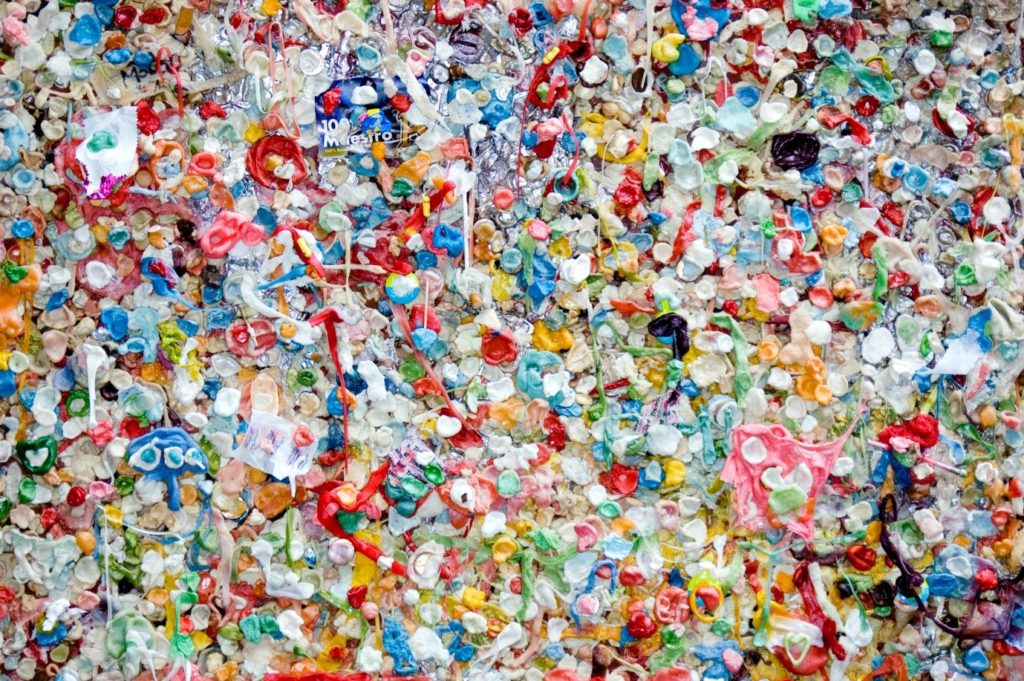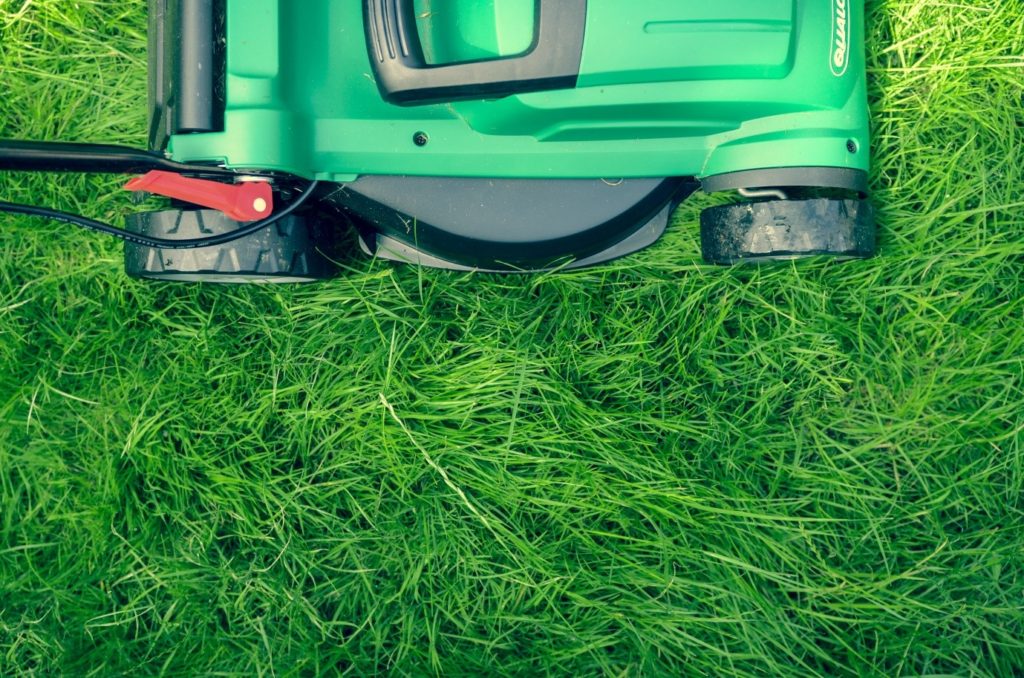How Can Reducing Landfill Waste Start at Home?
Reducing the amount of waste going into landfills has to become a priority for all of us!
Around 72% of the waste put into landfills could be better utilized by recycling or reusing. Most of this waste happens to comprise of paper and cardboard. Recycling these materials can give them a second lease of life and reduce the overall need to tap into our natural resources to produce more.
We could begin by reusing, recycling, and reducing our consumption. Incorporating these following tips in your lifestyle or community can significantly reduce the amount of waste making its way each year to landfills.
Check out what they are below!
How Can We Reduce Landfill Waste at Home?
Here are some clever ways by which you can reduce the amount of landfill waste in your home.
- Donate old and unused clothes
Throwing away clothes is the biggest contributor to landfills today. If you are among those who phase out clothes almost every year, then you are red-handedly guilty!
Whether it is jackets, t-shirts, or skirts, you can always donate your clothes to others who are less fortunate. Hold a yard sale or give them to Goodwill. You never know, one man’s trash can be another man’s treasure.
- Reduce plastics
The oceans will have more plastic than fish by 2050, according to the World Economic Forum (WEF). That’s how serious this problem has become.
A single plastic bottle takes 1000 years to decompose. Don’t buy disposable water bottles and invest in reusable, environment-friendly water bottles instead! Avoid plastic straws, cups, and bags. Switch to using cloth bags, paper cups, and metal straws instead. When grocery shopping, avoid plastic-wrapped items.

- Segregate waste
For recycling to be of any practical use, it has to be done correctly.
A quick class on the basics of recycling!
There are types of bins you may want to invest in. A green one for organic waste, a yellow one for glass, a white one for paper, a grey one for metal, a red one for hazardous products, and a blue one for plastic.

- Composting
Studies show that a singlehousehold implementing composting can reduce the overall waste they produce by 30%. Composting is most beneficial in creating the natural fertilizers and raw materials that plants require to grow. Reports suggest that a family of four can easily reduce a 1000kg waste production to 100kgs, just by composting!
Now think of the landfill waste you will be reducing.
- Use reusable containers
A small yet powerful way of reducing landfill waste is by using reusable containers. When you go on that next camping trip, there is no need to use disposable cutlery.
Get a set from home and pack in extra containers for food. Also, at work or school, avoid takeout. Pack a lunch, or bring your own containers to carry the food in.
As mentioned before, avoid plastic straws. Use a metal one if needed!

- Reuse
Instead of buying a plastic bag the next time you go shopping, carry a cloth or wicker shopping bag. Reuse empty wine or beer bottles to store water, vinegar or oil or else get them recycled. Alternatively, buy rechargeable batteries. Use nappies instead of diapers as the latter are more harmful to the environment.
By implementing these small yet significant changes, you can reduce the amount of trash entering landfills each year.
Simple Lifestyle Changes You Can Make at Home
A more useful way to reduce landfill waste at home is to make it a part of your lifestyle. Once it becomes a part of your home life, you can teach your kids to do the same and encourage your community to pitch in with these endeavors. So, take a look at a few of these lifestyle changes you can make and incorporate them into your routine!
- When you mow your garden during the peak of summer, increase the blade height so that you can leave behind a longer grass blade. This will prevent the roots from drying out sooner, reducing the need to water them. Also, avoid bagging the cut grass as it will provide nutrients to the soil.

- Have a yard sale for all the items in your home that you do not need. Instead of trashing books, furniture, toys, and tools, help them find a new home!
- When you clean the house, do not use chemical detergents. Baking soda and vinegar, although chemicals, are harmless to the environment and won’t harm nature when it enters it as a part of sewage.
- Cut back on shopping sprees. You don’t need as many things as the Joneses! Don’t try to keep up with them. This will help you reduce the purchase of items that will one day end up in the landfill. So instead of buying to throw, treasure whatever you have and make the most out of it!
- When you go to the supermarket or the mall, don’t ask for a receipt or check unless absolutely necessary. Go paperless and let the bills come to your phone or email. Even though this is a small act, it sends out a big message to the world in general about the need to save paper.
- When you buy daily items and essentials, buy in bulk or the largest size available so that you do not have to purchase multiple small items with a lot of packaging material.
Reducing the amount of waste that goes into landfills every year is something every person needs to focus on. After all, it’s an important part of being a responsible citizen. This will entail that you make significant changes to your lifestyle and spending habits, and also require some sacrifice on your part.
Do your part. Leave behind a world that is better for the generations to come.

